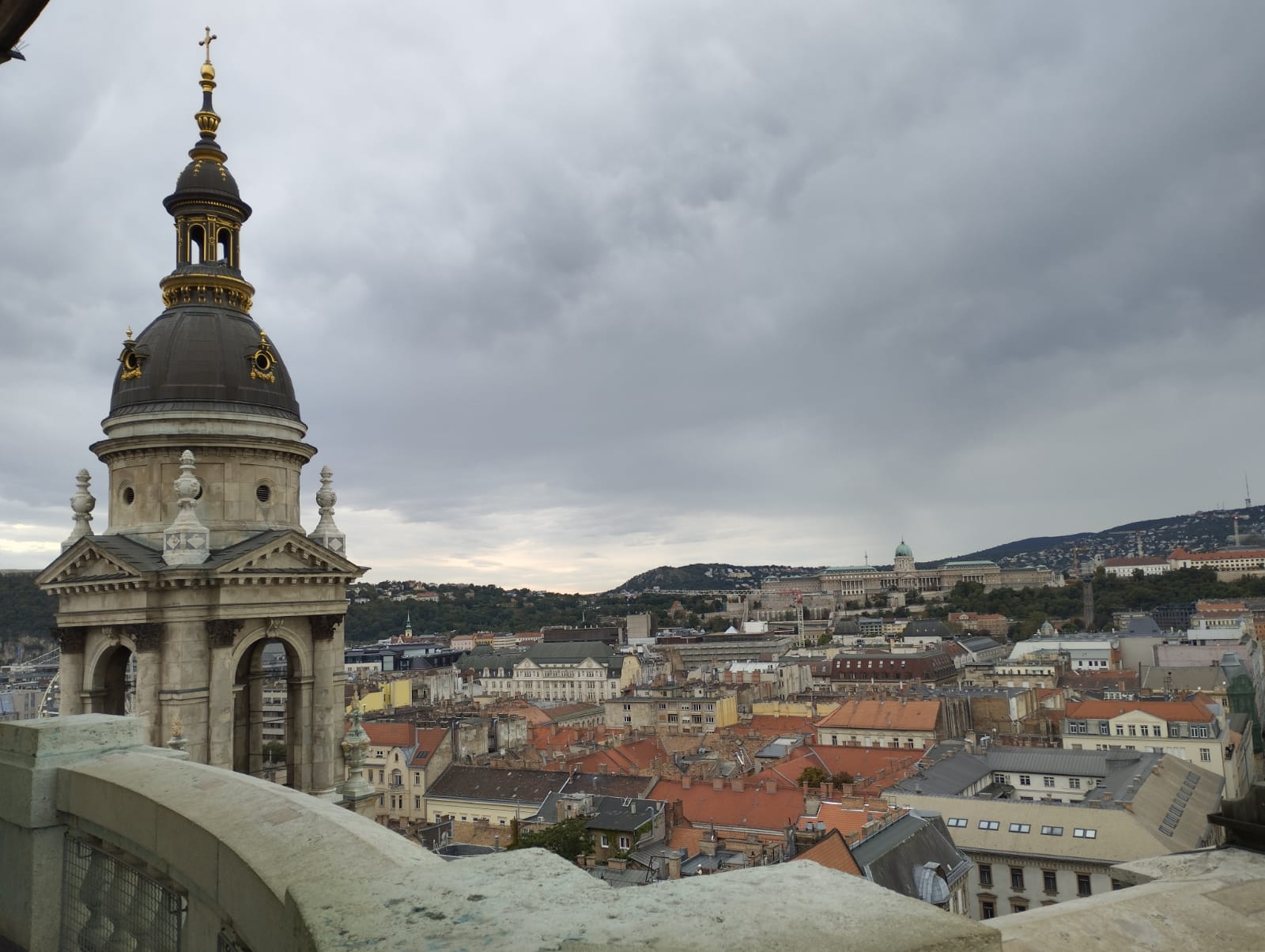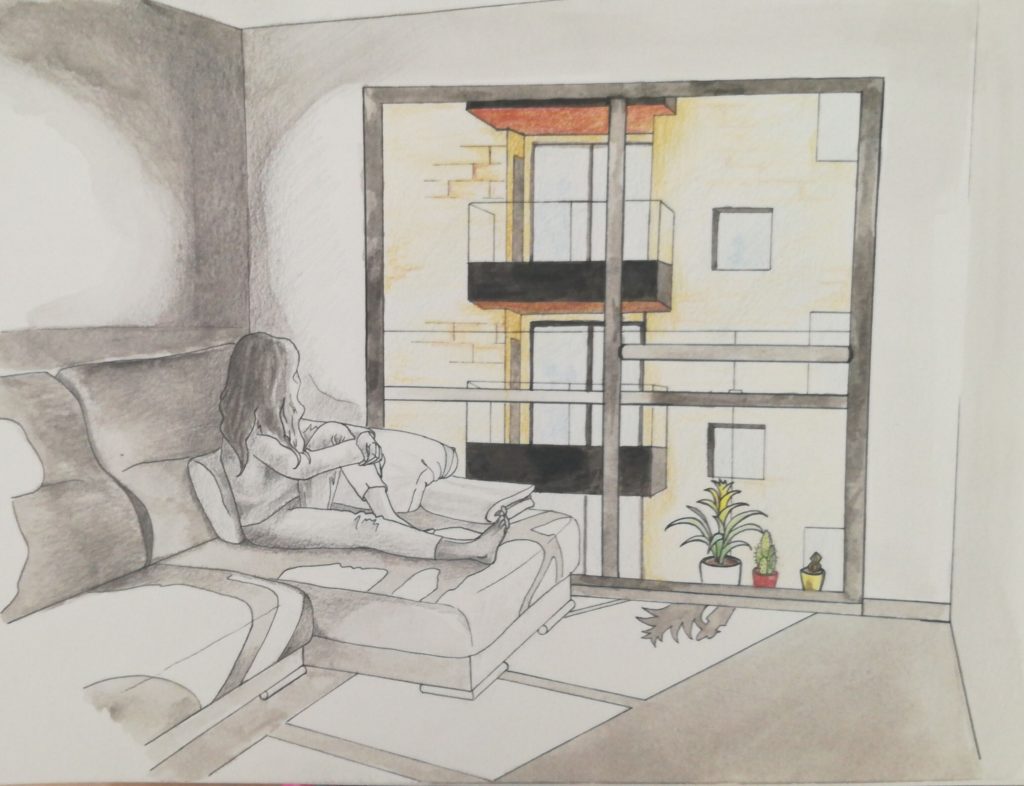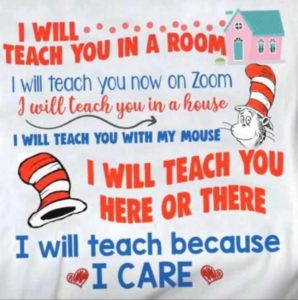Hi guys, this video is a link between the first and second epigraph.
Hola a todos y todas, este vídeo enlaza el primer epígrafe con el segundo y explica también el segundo epígrafe: France, the Dutch Republic and England.

Celia Viñas Bilingual Learning Site
Hi guys, this video is a link between the first and second epigraph.
Hola a todos y todas, este vídeo enlaza el primer epígrafe con el segundo y explica también el segundo epígrafe: France, the Dutch Republic and England.
3º ESO B (20-25 April)
1 . A project about Environment Before we started our quarantine, you were preparing (individually or in groups) projects about how to improve environment. It could be a poster, an advertisement, a board game, a roleplay, a leaflet, etc. When you finish, send it to Aula Virtual or to my mail (if you are a group, just send one with all the names of the group). If you have any doubt, send me a mail.
2. Listening: Jamie Oliver shows you how to make the perfect omelette
Click on this site https://learnenglishteens.britishcouncil.org/study-break/video-zone/how-make-perfect-omelette and watch a video about cooking an omelette. Before Easter we read about how to make an omelette and you described your own recipes. Now, you just have to listen to this explanation of how to make an omelette by the most famous cook in Britain, Jamie Oliver.
After listening (You can read the transcript if it´s too difficult for you), then, answer the “Check your understanding:multiple choice and selecting” sections and send me your answers to Aula Virtual.
“Check your understanding:multiple choice ”
1 Why does Jamie say that omelettes are very ‘flexible’?
2 What should a perfect omelette be?
3 How can you avoid making the omelette crispy?
4 When can you bring the egg in from the sides of the pan?
5 When should you unstick the omelette from the sides of the pan?
“Check your understanding: selecting”
1 What foods does Jamie recommend serving with your omelette?
3. Read notes about MUST and HAVE TO and do the activities in Aula Virtual Must and Have To
And do this activity https://test-english.com/grammar-points/a2/have-to-dont-have-to-must-mustnt/
4. (20-25 April)Complete balloons in this comic strip

1 Bach B,C (20-25 April)
1 Listening: The rise of the Youtube Vloggers
Click on this site and answer these questions in Aula Virtual
https://learnenglishteens.britishcouncil.org/study-break/video-zone/vlog-celebrities
1 What is a vlogger?
2 Is this a full or part-time job?
3 How do they go shopping in a supermarket?
4 Why is Charlie MacDonald so famous?
5 According to Dan Howell´s opinion, what is the difference between vloggers and celebrities ?
2. Conditional sentences
We learnt about this grammar item last course but we can check it doing these tasks:
https://learnenglishteens.britishcouncil.org/grammar/intermediate-grammar/third-conditional
3. Check the rest of activities in Aula Virtual and Blog
Dear students, last monday I asked you to start a new activity called “Draw what you see through your window”. During the week I have been reciving some of your results. We will wait a little bit more to post here some of the best drawings, and the examples of famous artists who used the window in their paintings. I am sure they will surprise you!
For now, I would like to share with you my proposal for the activity. I hope you like it and that you enjoy drawing.


After more than one month without going to our classes, we really miss you all and we are looking forward to meeting you again. We haven’t lost contact through our blog, mail,”aula virtual”, etc. but we have realized that our daily experience with our students is, now , more relevant than ever.
We, teachers, just want to dedicate this song to YOU.
Keep strong, we will be together soon!
Your teachers.
Hola a todos y a todas,
Aquellas personas que tenéis la asignatura pendiente del año anterior, estáis a tiempo de enviarme las traducciones de los temas que se establecieron a principio de curso. Poneros en contacto conmigo a través de mi dirección de correo. Un saludo.
racheligualdad@gmail.com
Buenos días a todos y todas,
He recibido correos de alumnado que tiene dificultades para acceder al aula virtual que es donde tenéis que subir las traducciones y tareas, así que os adjunto unas instrucciones muy fáciles y claras para que podáis entrar sin problemas.
Si a pesar de ello tenéis dificultades, escribidme a mi dirección de correo y me consultáis. racheligualdad@gmail.com.
1585257377598_PROCEDIMIENTO PARA DARSE DE ALTA EN LA PLATAFORMA
Hi everyone! I made a short video about Easter in the UK so you can practice listening skills in English. Feel free to comment on the video in English or Spanish if you want and I will reply to you!
If you don’t understand it well you can click on the text below the video and you will find the transcription of it.
For 3º ESO students, watch the video and answer these questions in Aula Virtual.
Questions
– What do you do for Easter?
– What is your favourite holiday in the whole year?
– What are the Easter traditions in Almería?
(Click to read the transcription of the video)
Easter Diary
Buenos días chiquitines,
La lectura comprensiva que tenéis que hacer esta semana es:
Las hadas de la música . Lectura 12. páginas 410 y 411
Cuando la hagáis subís el archivo o la foto en el aula virtual del IES Celia Viñas.
Os adjunto de nuevo el archivo con todas las lecturas.
Ya podéis subir las dos primeras lecturas comprensivas al aula virtual del IES Celia Viñas. Entráis en la categoría de Geografía e Historia y dentro encontraréis vuestro grupo 3º PMAR Lengua. https://iescelia.org/aulavirtual/
Hi everybody,
This is the glossary for the first subtitle: A period of crisis.
(Aquí tenéis el vocabulario para el primer subtítulo: Un periodo de crisis.)
Baroque Europe: La Europa del Barroco
Century: siglo
Affect: afectar
In the same way: de la misma manera
Demographic change: cambios demográficos (cambios en la población)
Population growth: Crecimiento de la población
low: bajo
Mortality rate: Tasa de mortalidad (la tasa de mortalidad es el número de personaspor cada mil ciudadanos que mueren en un año y en un lugar concreto )
Due: debido
Famine: hambruna
also: también, además
major waves of migration: grandes olas de migraciones (mucha gente emigraba , salía a ganarse la vida a otros lugares)
Rural poverty: pobreza rural
suffered: sufrió
major: gran
Rudimentary techniques: técnicas rudimentarias (no contaban los agricultores con grandes herramientas ni maquinas siquiera como para poder obtener buenos resultados de las tierras que cultivaban)
severe weather conditions: Duras condiciones climáticas (las malas condiciones del tiempo provocaron épocas de malas cosechas y la gente vivía solo de lo que producía el campo, así que había épocas de mucha hambre e incluso la gente moría por no comer)
Guilds: Gremios (los gremios eran una asociación de personas que tenían el mismo oficio. Pero para entender esto, lo mejor es que veáis este vídeo corto https://www.youtube.com/watch?v=wpBjjeelXUg)
resisted: se resisitían
technical advances: avances técnicos
domestic system: sistema doméstico (los campesinos cuando no tenían que trabajar en el campo, en algunos periodos del año, se dedicaban a realizar algunos oficios en sus casas para mejorar sus ingresos, como hilar o tejer. Al trabajar en casa, no se sometían al dominio de los gremios. Un comerciante, un burgués, pasaba por sus casas y se llevaba las piezas que habían hecho y les pagaba por ello. Este tipo de trabajo , el domestic system, es el antecedente del factory system, es decir, del inicio de las primeras fábricas en el siglo XVIII. Comenzó en Inglaterra) Os pongo este enlace para que entendáis la diferencia entre gremios, domestic system y factory system. aunque el factory system por ahora no lo tenéis que aprender.)
http://apuntes.santanderlasalle.es/historia_1/antiguo_regimen_industria/antiguo_regimen_industria.htm
Furthermore: además
International trade: comercio internacional
Social conflicts: conflictos sociales
States: Estados
the urban population grew poorer : la población urbana se hizo más pobre